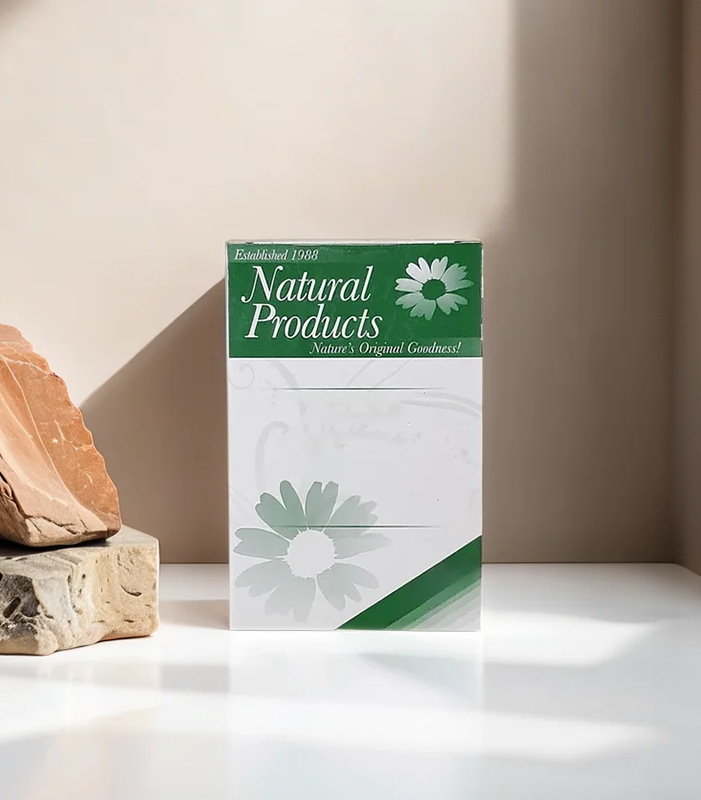Understanding Mugwort:
Mugwort (Artemisia vulgaris) is a perennial plant native to Europe, Asia, and parts of Africa, now also found in North America. With its dark green leaves and reddish-purple stems, the plant is easily recognizable and widely used in various cultures for its medicinal properties and in spiritual practices.
Properties and Benefits:
Digestive Aid: Mugwort is traditionally used to stimulate appetite and alleviate gastric disorders. It can soothe stomach pain, ease bloating, and promote regular digestion.
Dream Enhancement: One of the most intriguing uses of mugwort is its purported ability to enhance and vividly increase dream activity, often used by those practising dream work or seeking more lucid dreams.
Menstrual Support: It is known to help regulate menstrual cycles and alleviate cramps and other premenstrual symptoms.
Antimicrobial and Antifungal: Mugwort possesses antimicrobial and antifungal properties, making it beneficial in preventing and treating infections.
Nervine Qualities: The herb has mild sedative effects that can help relieve stress and anxiety, promoting a calm and relaxed state.
Application and Usage:
Herbal Teas: Mugwort is commonly brewed into teas to take advantage of its medicinal benefits, especially for digestion and menstrual relief.
Moxibustion: In traditional Chinese medicine, dried mugwort is burned in a practice known as moxibustion, to stimulate acupuncture points with heat and encourage healing.
Aromatherapy and Smudging: Mugwort is used in aromatherapy for its calming effects and in smudging practices for spiritual cleansing and protection.
Culinary Uses: Less commonly, it’s used as a flavouring agent in foods and beverages, particularly in the brewing of beer and other spirits.
Conclusion:
Mugwort's versatility and array of health benefits make it a valuable herb in both traditional and modern practices.

